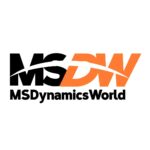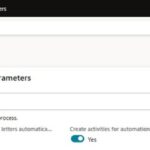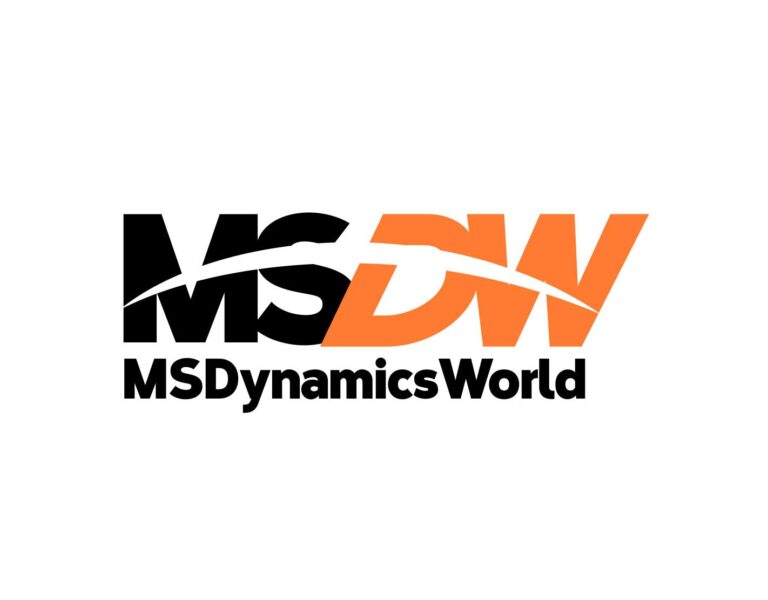Selecting the ideal CRM today can reshape how you market, sell, and nurture customer relationships. With CRM technologies rapidly evolving, AI-driven workflows, predictive analytics, and seamless integrations are reshaping business operations. Startups crave simplicity and affordability, while large enterprises demand deep customization and compliance. Partnering with a trusted HubSpot Solution Partner can help you choose the right platform, ensuring efficiency, scalability, and enhanced customer satisfaction.
Overview of HubSpot CRM
marketing, sales, and customer support. Known for its intuitive interface and free tier, it suits businesses that value simplicity without sacrificing functionality.
Key Highlights:
- Unified platform including marketing, sales, and support tools
- AI-powered personalization and predictive analytics
- Drag-and-drop workflow automation
Robust lead segmentation and management - Real-time mobile sync and reporting dashboards
- Integrates with over 1,700 apps
Best Suited For:
Startups, small to mid-sized businesses, and those looking for a low-cost, easy-to-use CRM without complex implementation.
Overview of Salesforce CRM
Salesforce CRM is a powerhouse designed for large-scale operations. Built for deep customization and advanced workflows, it excels in environments that need robust automation, AI intelligence, and enterprise-level integrations.
Key Highlights:
- AI agents like Einstein and Agentforce for automation and insights
- Advanced workflow customization via Lightning App Builder and custom forms
- Voice-activated CRM, territory management, personalized experiences
- Extensive AppExchange ecosystem (5,000+ integrations)
- Sophisticated analytics, forecasting, and compliance features
Best Suited For:
Medium to large enterprises, especially those in regulated industries (finance, healthcare, manufacturing), or with complex sales pipelines needing tailored solutions.
Which CRM Should You Choose?
Choose HubSpot CRM If:
- You’re a small to medium-sized business or startup with a limited budget.
- You value ease of use and quick implementation.
- Your focus is on inbound marketing and integrated sales, marketing, and service tools.
- You want a free or cost-effective solution to get started.
Choose Salesforce If:
- You’re a large enterprise with complex sales processes.
- You need extensive customization and advanced analytics.
- Your team has the resources and expertise to manage a complex CRM.
- You require robust third-party integrations and scalability.
Key Considerations for 2025
- Budget: HubSpot’s free tier is attractive for startups, while Salesforce’s higher cost may be justified for enterprises with complex needs.
- Team Size and Expertise: HubSpot suits teams with limited technical resources, while Salesforce requires skilled administrators for optimal use.
- Growth Plans: Both platforms are scalable, but Salesforce excels in handling large-scale, customized workflows.
- Industry Needs: Salesforce is better for industries like finance or healthcare with strict compliance requirements, while HubSpot is ideal for marketing-driven businesses.
Conclusion
Both HubSpot CRM and Salesforce are powerful tools, but their suitability depends on your business’s size, budget, and goals. HubSpot CRM is the go-to choice for SMBs and startups looking for an easy-to-use, cost-effective solution with strong marketing integration. Salesforce, on the other hand, is the preferred option for enterprises needing advanced customization, analytics, and scalability. Evaluate your business needs, budget, and long-term goals to make an informed decision in 2025.
For more details on pricing, visit our blog page: HubSpot CRM vs. Salesforce: Which is Best Fit for Your Business





